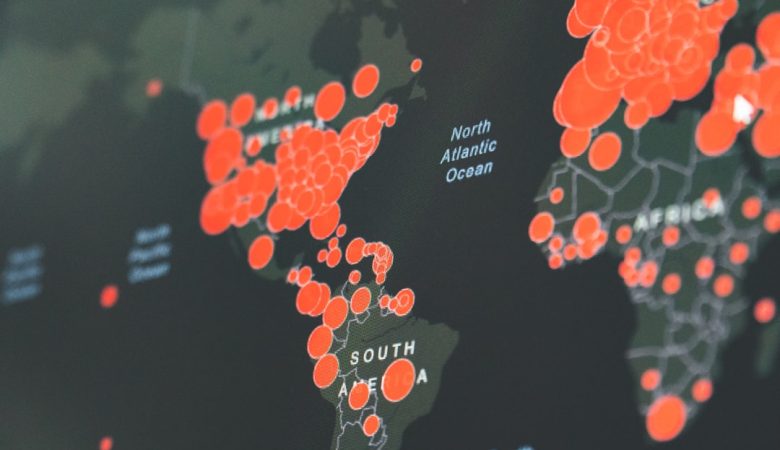In a world where digital privacy and security are growing concerns, a Virtual Private Network, or VPN, plays a vital role in protecting online activities. In the United States, the use of VPNs has grown exponentially, with both individuals and organizations seeking to safeguard their data from cyber threats, surveillance, and tracking. But what exactly is a VPN, and how does it work, especially in the American context? This article offers a deeper look into the function and impact of VPNs within the USA.
What is a VPN?
A VPN is a service that creates a secure and encrypted connection between your device and the internet. It routes your online traffic through a remote server operated by the VPN provider, masking your IP address and obscuring your digital identity. This allows for a more private and secure web experience.
In simpler terms, when you connect to the internet via a VPN, it’s as if your computer is accessing the web from the VPN server’s location—not your own. This is especially important in the U.S., where Internet Service Providers (ISPs) can legally track and sell user browsing data.
[ai-img]vpn virtual private network internet privacy[/ai-img]
How Does a VPN Work in the USA?
In the United States, data privacy is not governed by a comprehensive federal law. While regulations such as the California Consumer Privacy Act (CCPA) offer protections, Americans still face numerous surveillance and data-collection dangers.
A VPN combats these threats using the following techniques:
- IP Masking: The VPN hides your real IP address, replacing it with one from the VPN server, which might be located in another city or even another country.
- Data Encryption: VPNs use high-level encryption protocols (such as AES-256) to scramble your data, making it unreadable to third parties.
- Secure Tunneling: Your internet traffic is routed through an encrypted “tunnel,” making it difficult for hackers, ISPs, or government agencies to monitor your activity.
Why Use a VPN in the USA?
The use of VPNs in the United States is driven by multiple factors, many of which are centered around privacy, freedom, and security. Some of the main reasons include:
- Protection From ISP Tracking: Since 2017, U.S. internet providers can track and sell their customers’ browsing history. A VPN encrypts your data, preventing such activities.
- Public Wi-Fi Security: Public Wi-Fi networks are prime targets for cyber criminals. VPNs protect your connection in cafes, airports, and hotels.
- Bypassing Geo-Restrictions: Many streaming services and websites restrict content based on geographic location. A VPN allows users to access content from different regions.
- Evading Government Surveillance: While government surveillance in the U.S. is a concern, especially under laws like the Patriot Act, a VPN adds a layer of protection against unwarranted data collection.
[ai-img]data encryption online anonymity digital security[/ai-img]
Are VPNs Legal in the United States?
Yes, VPNs are completely legal in the United States. Both individuals and businesses are free to use them. However, it is crucial to note that while the use of a VPN is legal, using it to engage in illegal activities (like piracy or hacking) remains unlawful.
Corporations in the U.S. frequently use VPNs to give remote employees secure access to internal networks. Meanwhile, individuals rely on them for personal privacy, especially when browsing or transacting online.
Choosing a Trusted VPN Provider
There are hundreds of VPN providers available in the U.S. market, making it essential to choose a trustworthy one. Here are a few things to look for:
- No-Log Policy: Ensure the provider does not collect or store your browsing data.
- Strong Encryption: Look for AES-256 encryption and secure protocols like OpenVPN or WireGuard.
- U.S. and International Servers: A wide range of locations helps maintain speed and access to global content.
- Transparency and Reputation: Opt for providers with a history of transparency and good reviews from respected cybersecurity experts.
Conclusion
In an age where nearly every aspect of our lives involves the internet, tools like VPNs are no longer optional—they are essential. In the United States, VPNs serve as a powerful defense against data tracking, surveillance, and cyber threats. Whether you’re browsing, streaming, or working remotely, using a VPN can enhance your privacy and protect your personal information from prying eyes.
Choosing the right VPN means prioritizing security, speed, privacy policies, and user trust. As online threats evolve, so too must our efforts to secure our digital lives—and that begins with understanding and using tools like VPNs effectively.





